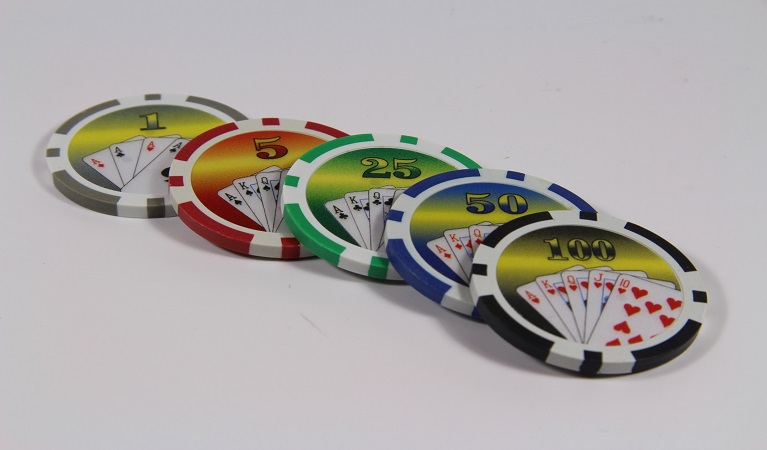Coming shortly after a Chinese government ban on online poker games and online gambling, Macau operators are divided about the future of the industry in the country. Concerned that the measures will not impact their business directly, they continue to eye the future with mixed feelings for the further expansion of the industry.
The Chinese Ministry of Culture has announced that as early as 1 June 2018, all online gaming platforms will have to cease offering Texas Hold’em games, one of poker’s most noteworthy iterations.
The enactment of the measure will also restrict any transfers of digital currency as well as restrict the publishing of poker-related content through popular online channels and social media.
In all likelihood, the move has made some of the flagship operators reconsider their stance and sound an acquiescent retreat. Mainstream poker firms Boyaa and Ourgame have expressed their readiness to take down all content that infringes the new policy.
One of China’s fastest-growing tech companies, Tencent also said it would comply. Unfortunately for Tencent, the news came at a point when the company had just signed a ten-year agreement for the World Series of Poker which would have been held in China. Similarly, Ourgame clinched a deal for the World Poker Tour back in 2015.
What Implications for the Business?
Discontinuing online poker games in Chinese may sound ominous, but some of the main operators in the country remain composed and upbeat about the future of the industry. The Stars Group discussed the measures with the Macau News Agency (MNA), arguing that the new legislation would not affect the existing operations nor the live events.
Naturally, The Stars Group has a significant advantage over minor-league firms, as the company is obliged to comply with a multitude of regulations well beyond Asia, catering to local regulatory prerequisites in the United Kingdom, France, and even Spain.
The Mild Case Against the Ban
Not everyone has met the announcement with as much stoicism as have The Stars Group. Conversely, Macau Billionaire Poker Event Company Limited spokesperson Christopher Chee has outlined a possible reason why China is acting so determinedly where online poker is concerned.
Mr Chee believes that the government is ‘unable to control the real money operations,’ something that has been rendered particularly easy with the help of mobile apps. He explained that his company has taken heed of the measures and is already running a careful analysis.
Another point of confusion is the fact that Chinese media has circulated several versions of the upcoming changes, making it more difficult to comply with the law. Even though Mr Chee conceded that it would be more difficult for the business he represents to operate in Macau and China, there was a silver lining after all.
The change could push those gamblers who have kept largely under the radar to look into legal and established channels to ploy their hobby. A similar measure may also lead to spotting reckless behavior and offering help to those that are vulnerable to gambling addiction, for example.
Macau itself could benefit from an increased influx of Chinese gamblers looking for a place to play.






